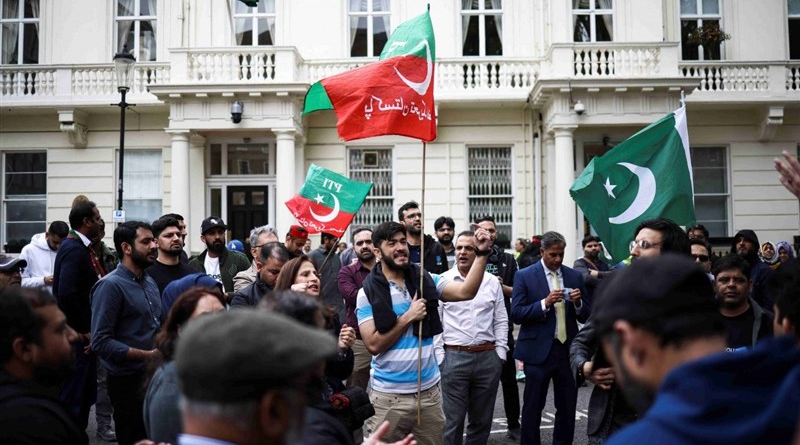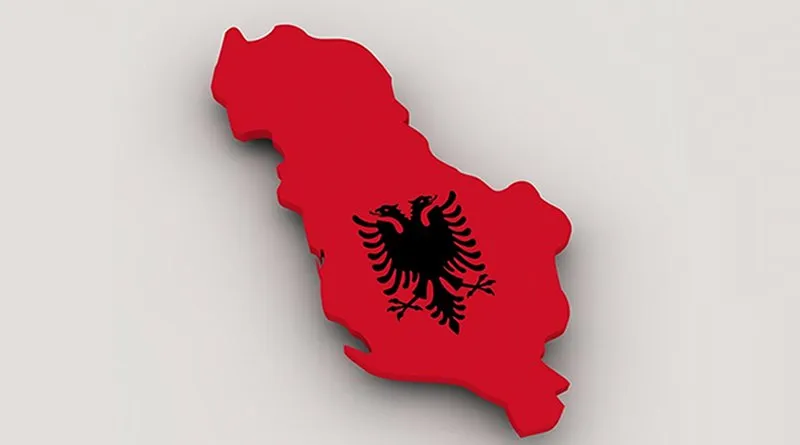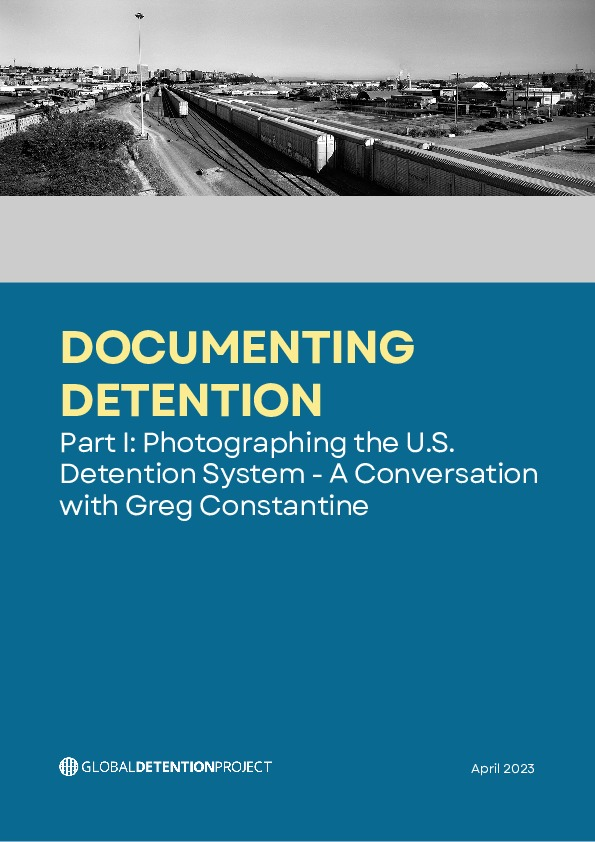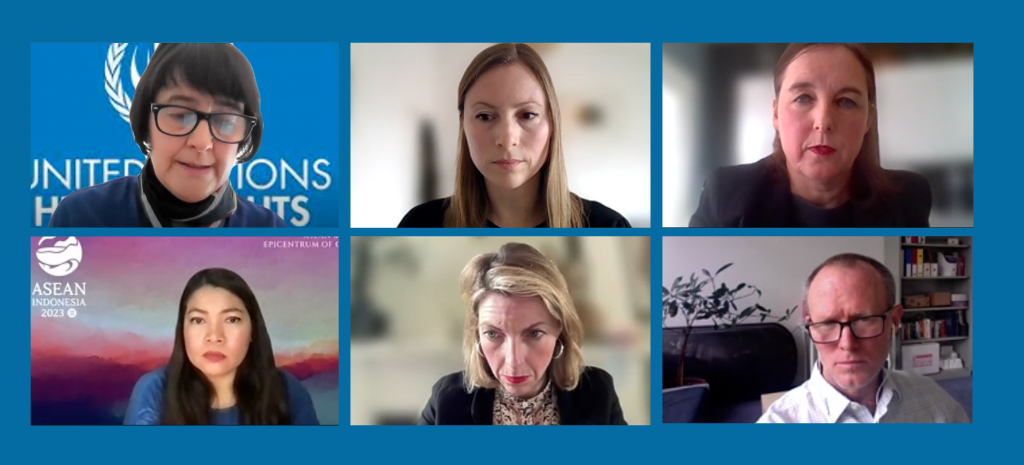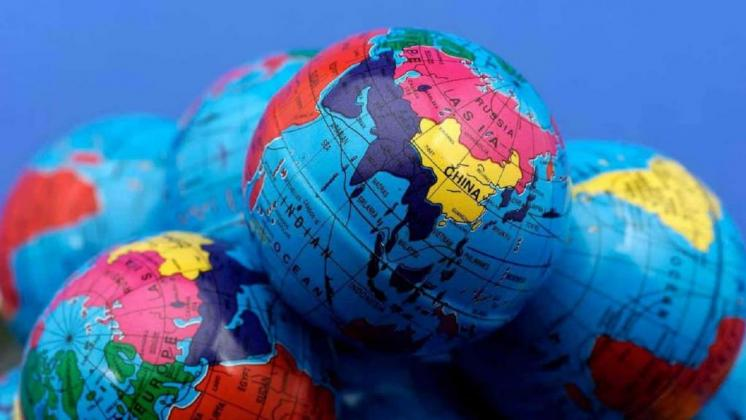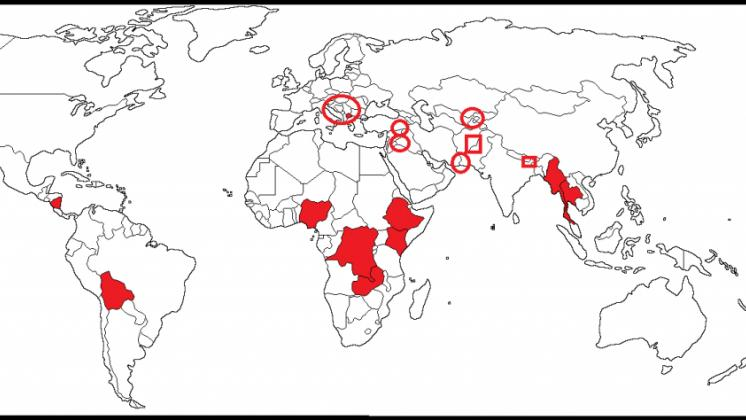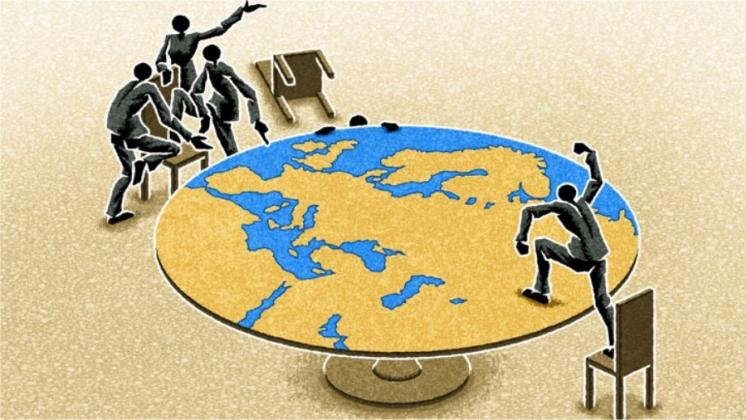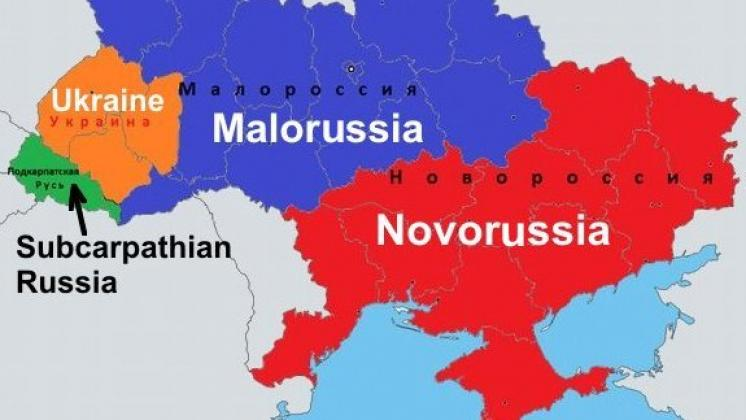Sudan’s Two Truths
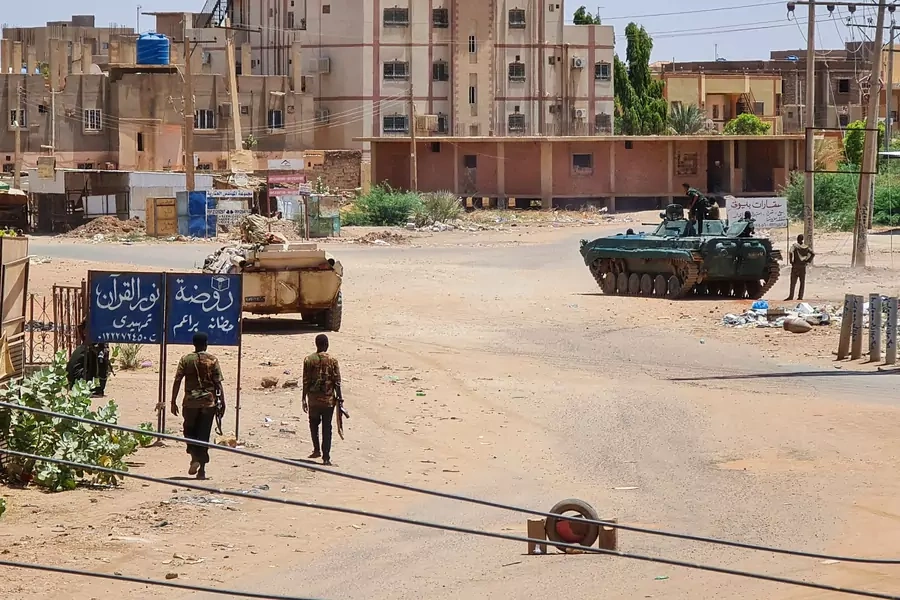
Amidst a flurry of international voices working to mediate the crisis in Sudan, the United States must not allow Sudanese civil society to be drowned out.
As rival security forces continue vying for power in Sudan by terrorizing its population, the prospects for an end to the crisis seem to grow more distant by the day. The “pre-negotiation talks” in Saudi Arabia hold only a tenuous promise of the most minimal steps toward easing the suffering. Most indicators point toward continued fighting, and the stream of bad news and failed ceasefires can make it seem as though an even deeper crisis is inevitable. But there are two important truths about Sudan that analysts and policymakers should keep front and center in the weeks ahead to point the way forward.

